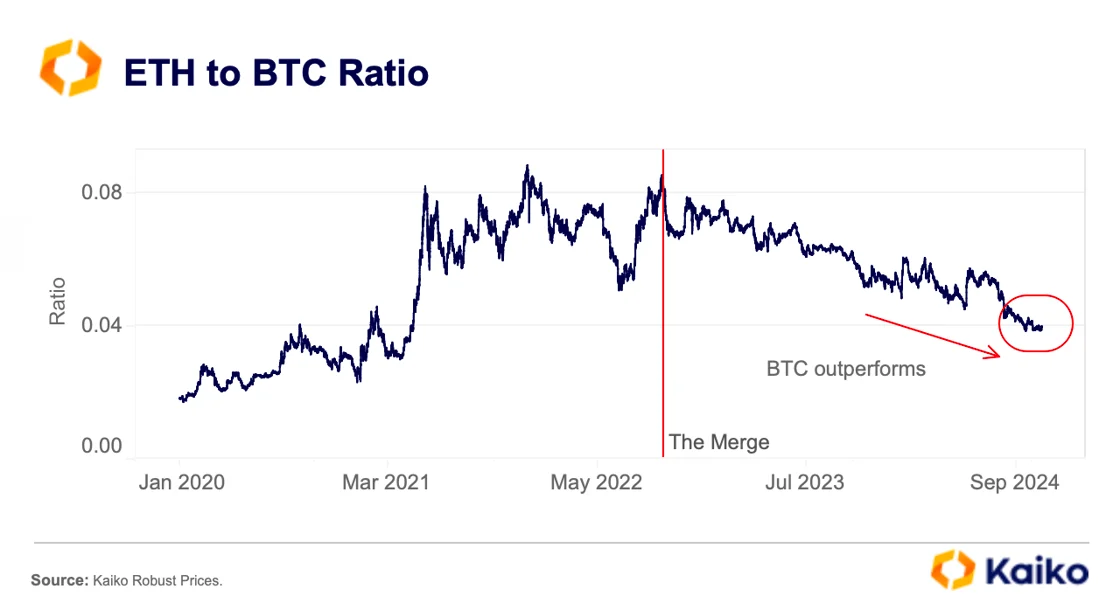Rise by Six: Your Daily Dose of Inspiration
Explore insights and stories that elevate your day.
Bitcoin: The Unexpected Currency That's Reshaping the World
Discover how Bitcoin is transforming global finance and challenging traditional currencies in ways you never imagined!
How Bitcoin Works: A Beginner's Guide to the Revolutionary Currency
Bitcoin is a decentralized digital currency that enables peer-to-peer transactions without the need for intermediaries like banks. At its core, Bitcoin operates on a technology called blockchain, a secure and transparent ledger that records all transactions across a network of computers. Each transaction is grouped together in a block, and once a block is filled, it is added to the chain in a way that is immutable, meaning it cannot be altered or deleted. This process ensures the integrity and security of Bitcoin transactions, making fraud exceedingly difficult.
To begin using Bitcoin, users need a digital wallet, which can be either software-based or hardware-based. This wallet allows individuals to send and receive Bitcoin through unique cryptographic keys. When you make a transaction, the details are broadcast to the Bitcoin network, where miners compete to verify the transaction by solving complex mathematical problems. Once they succeed, the transaction is confirmed, and both the sender and receiver can see it reflected in their wallets. This innovative system not only empowers users with financial autonomy but also promotes a revolutionary approach to currency and transactions worldwide.

The Impact of Bitcoin on Global Economies: What You Need to Know
Bitcoin has emerged as a transformative force in global economies, influencing everything from individual investment strategies to national monetary policies. As a decentralized cryptocurrency, it enables borderless transactions, providing a viable alternative to traditional banking systems. Nations with unstable currencies have seen an uptick in Bitcoin adoption, as it offers citizens a way to preserve wealth and transact securely. This growing trend has implications for global trade, as companies increasingly accept Bitcoin and other cryptocurrencies as methods of payment.
Furthermore, the rise of Bitcoin has prompted a reevaluation of regulatory frameworks worldwide. Governments are grappling with how to classify and regulate cryptocurrencies, which has led to a patchwork of regulations that can influence market stability and investor confidence. As institutional investors enter the space, the impact of Bitcoin on global economies becomes more pronounced, driving discussions around economic equity, taxation, and financial inclusion. Understanding these dynamics is crucial for anyone looking to navigate the evolving landscape of digital currencies.
Is Bitcoin the Future of Money? Exploring the Pros and Cons
Bitcoin has emerged as a revolutionary force in the world of finance, often hailed as the potential future of money. With its decentralized nature, Bitcoin eliminates the need for intermediaries like banks, allowing for faster and cheaper transactions across borders. Furthermore, its limited supply—capped at 21 million coins—creates a sense of scarcity that can increase value over time. This has led many to invest in Bitcoin as a hedge against inflation, viewing it as 'digital gold.' However, the volatility of Bitcoin's price remains a significant concern. Investors can witness dramatic fluctuations within short periods, which complicates its legitimacy as a stable currency.
On the flip side, there are several drawbacks that must be considered. The regulatory landscape surrounding Bitcoin is still developing, with governments grappling with how to classify and tax cryptocurrencies. This uncertainty can deter potential users and investors. Additionally, while Bitcoin transactions are generally secure, they also raise concerns about hacking and fraud, as evidenced by several high-profile thefts from exchanges. Moreover, the energy consumption associated with Bitcoin mining raises environmental questions that are increasingly coming under scrutiny. Thus, while Bitcoin holds promise as the future of money, it is essential to weigh both its advantages and disadvantages thoughtfully.